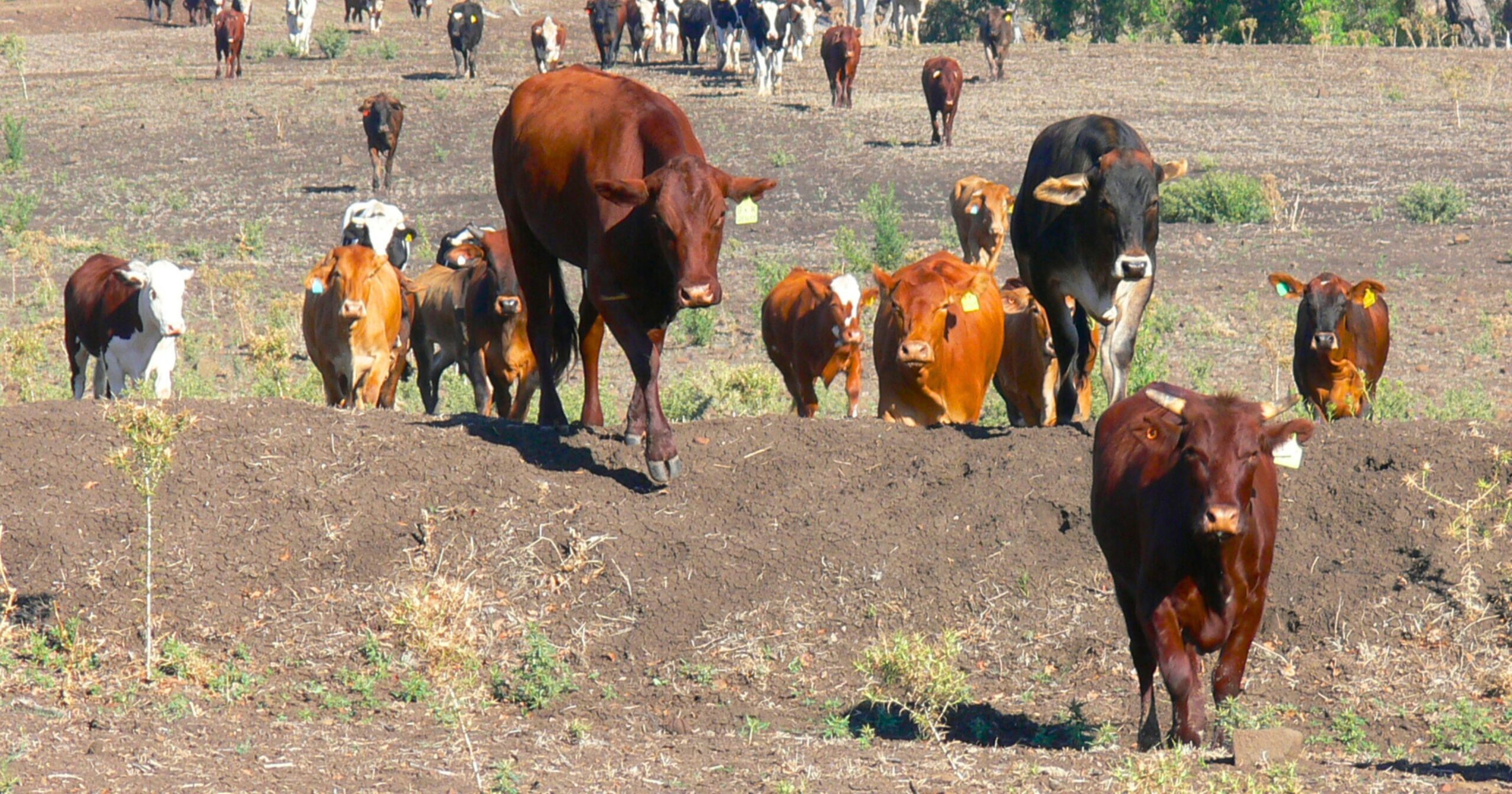From the desk of Roland Rocchiccioli – 7 November

Going up: Building a multistorey residential block in Ballarat is not the end of civilisation as we know it. Quite the contrary: it is the next step in Ballarat’s illustrious history. Image: SUPPLIED
Ballarat is not some sleepy hollow sequestered in a 20th century time warp. It is an important regional city. Only a pessimist would set bounds to its future.
LISTENING to much of the swirling debate, both positive and negative, surrounding the proposed development of the former Loreto Convent College site, 6 Lyons Street North, set me to thinking about the city and its future shape and form. Established in about 1837-38, it is impossible to imagine what the next 183-years will hold for Ballarat.
Curiously, there are those locals who are determined to fight progress and are struggling to accept the organic growth of the city. It is too silly to imagine Ballarat could stay forever as it was. To suggest the population growth is ruining the city is silly and shows a lack of awareness of the modern world – with all its difficulties.
Ballarat should not be regarded as a perfectly preserved time capsule of goldrush Victorian Italianate, timber miners’ cottages, and a hotch-potch of pre-and post-WWII architecture. It is a rapidly developing city; however, heeding some of clamour of discontent, it is obvious there are some would have the city returned to the days of the horse and cart. Visually, the plans for the site in Lyons Street, are most appealing and will come to reflect the urban landscape of the new Ballarat. For anyone to be wringing their hands in despair at the prospect of a seven-storey building is risible.
Of one thing you can be absolutely certain: in 50 years Ballarat will have its own metropolitan area and there will be development, the like of which it is impossible to envisage. The city will be changed beyond recognition. My cottage, which is of no historical importance whatsoever, will have long since been demolished and replaced by a number of modern city dwellings. Sad, but the reality of time and place. There will be no trace of my presence or existence.
Paradoxically, COVID has given us a glimpse of what is achievable using workplace technology. Already procedures have been altered irrevocably. The forced flexibility of working from home during lockdown has alleviated some of the trials and tribulations of childcare, the lion’s share of which invariably falls to women. Working agreements once considered too impractical to be implemented are now taken for granted. For a working mother dealing with a sick child it is the perfect solution. The daily attendance at a business address is no longer imperative. It has been shown that productivity targets are achievable with a sensible application of time management.
Beyond COVID, it well may come to pass that business establishments will never be quite as they were. Using modern technology, we have learned how practical it is to work from home – an arrangement which once would have been considered to outrageous to contemplate. Business costs will be cut; they will no longer occupy large office spaces if employees are able to successfully perform tasks which were, hitherto, restricted to the designated workplace. The permutations are endless.
The significance for Ballarat is obvious. Using email, zoom, and every other of the technological tools, there is no reason why someone living in Ballarat should not be working for a Sydney based business – or even London!
Today, we live in a virtual world. It is not implausible that the traditional office desk telephone intercom system will be replaced by a microphone and screen. The day is looming when employees working at the same organisation will never meet in person. When it comes to employment, the importance of ‘the big smoke’ will wane. It matters hardly a jot where you are located. All you need to operate a successful business is a telephone and a minimum support staff.
The future should not be viewed as the end of the past. The one cannot exist without the other. We must embrace both, with alacrity.
Roland can be heard with Brett Macdonald each Monday morning at 10.30am radio 3BA and contacted via [email protected].


















